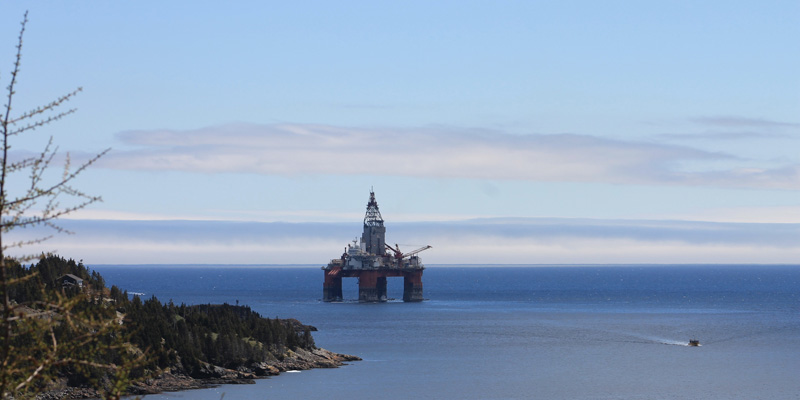Ottawa tweaks regulations for Newfoundland and Labrador’s oil and gas sector

Earlier this month, the federal minister of natural resources announced a regulatory change to the assessment process for some offshore oil and gas exploration drilling projects in Newfoundland and Labrador.
Looking closer at the recent change, the regulation will allow for exploratory drilling an area of Newfoundland’s offshore to go ahead without requiring a project-specific federal impact assessment.
This change removes one of a number of regulatory requirements for project proponents, who are still required to consult with the Canada-Newfoundland Offshore Petroleum Board, and various other authorities to meet conditions before any drilling is allowed. According to the Minister, the regulatory change will allow the assessment process for projects to proceed in “as little as 90 days” compared to more than 900 days previously. If this occurs, this is a small step in the right direction for a region that has been plagued by onerous and uncertain regulations.
In fact, the recent announcement mentions providing “predictability and certainty” for offshore investors—however, there’s more that needs to be done to achieve this. Consider the results from a recent survey.
According to the 2019 Canada-US Energy Sector Competitiveness Survey, which surveys oil and gas investors on the investment attractiveness of 20 energy-producing provinces and states, Newfoundland and Labrador ranks 15th.
So what’s behind Newfoundland and Labrador’s relatively low overall performance?
Investors pointed to the high cost of regulatory compliance (which deterred 50 per cent of survey respondents), uncertainty concerning environmental regulations (40 per cent deterred) and concerns over labour regulations and employment agreements (40 per cent deterred) as the top three areas of concern for Newfoundland and Labrador.
As a result, Newfoundland’s uncertain and costly regulatory process raises concerns about whether the province’s energy sector is open for business. While the recent regulatory change is welcome news, significant reforms are still required to restore investor confidence.
The reality is that competitiveness and regulatory issues aren’t unique to Newfoundland – they’re prevalent across energy-producing provinces. In addition to concerns specific to Newfoundland’s petroleum sector described above, analysts have detailed elsewhere that this country needs a new federal approach to the oil industry given the steep decline investment in recent years. Between 2015 and 2019, investment in our oil and gas sector declined by a staggering 35 per cent.
Simply put, less investment means fewer jobs for Canadians and less revenue for governments including the federal government, which will run a projected record-breaking $252 billion deficit this year.
Overall, Newfoundland and Labrador’s weak performance in the eyes of oil and gas investors should concern policymakers in both St. John’s and Ottawa. To improve its image, governments should focus on restoring investor confidence by streamlining energy regulations and adopting competitive policies.

